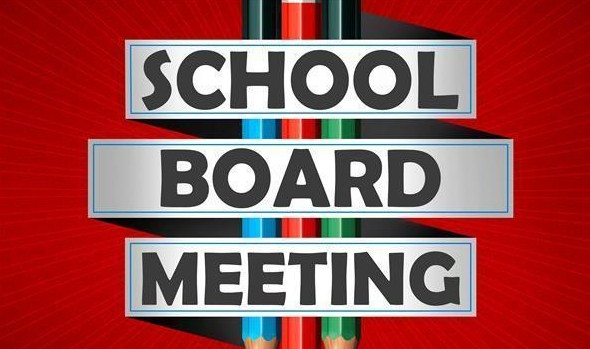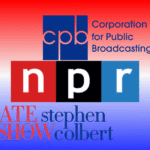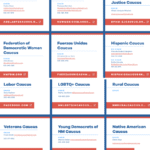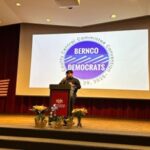by Kathy Mosley, DPBC 1st Vice Chair
A crucial vote is scheduled for June 4 to decide whether the Albuquerque Public School Board should renew a contract that could have a major impact on the performance of our schools and the welfare of our students. Engagement by community members in preparation for the vote is crucial in the outcome, as one Board member believes the current implementation falls short.
The contract under consideration is with the Council of the Great City Schools (CGCS), a member-owned, non-profit organization of vendors, publishers of educational resources, and school district governance teams — superintendents and board members — in districts of 35,000 and larger. APS relies on CGCS for a variety of technical and administrative services.
One service CGCS provides is governance coaching. In 2022, CGCS and the APS governance team — the superintendent and school board — entered into a contract to establish a governance model in the district with AJ Crabill, creator of the Student Outcomes Focused Governance (SOFG) model. A second contract was signed in March 2024 and is set to expire in June. CGCS and some members of the APS governance team are hoping for another contract through July of 2026.
The proposal, which would cost APS up to $60K, is being drafted and will be posted on May 30 at 5 p.m.
A recent article in the Albuquerque Journal by District 6 APS Board Member Josefina Dominguez offered important insights. Despite 46% of the state’s budget being allocated to public education, significant achievement gaps persist — especially among our most vulnerable student populations. She stressed that community engagement is vital to achieving success, but that the CGCS coaches, the Board, and District have faltered in implementation of the model, particularly regarding the needs of APS’s Martinez Yazzie-targeted population.
According to Dominguez, the current approach — where community engagement depends on support from the District in conjunction with the Board — falls short. Research and best practices in change management emphasize that those most impacted by change must be engaged early and meaningfully. Dominguez contends that, as currently implemented, APS’s engagement practices have been overly resource-intensive and fail to reach key communities — particularly those identified in the Martinez/Yazzie decision as well as African American students. Test scores illustrate that shortcoming.
Importantly, Domínguez clarifies that the June 4 vote is not about abandoning the student outcomes framework, but rather whether CGCS’s work justifies another contract. The Goals and Guardrails, developed with input from over 2,000 parents, students, and community leaders, will remain. The Interim Goals and Guardrails decided by the superintendent, and on which she is evaluated, will also remain intact regardless of the contract vote.
Dominguez’s article suggests that CGCS may not have the depth of understanding needed to execute community engagement effectively, given our profound challenges. New Mexico ranks 50th in child well-being, while 79% of fourth graders are not proficient in reading. These statistics underscore the urgency of adopting a more targeted and responsive engagement strategy, Dominguez argues. (For more information on child welfare rankings, visit: 2024 New Mexico Kids Count Profile).
If you have questions or concerns, please contact your APS Board representative. School Board elections will be in November. As a voter, it’s worth asking candidates how they plan to approach community engagement — especially for families historically left out of policy decisions.
If you are a ward or precinct chair, consider helping your community become better informed on this issue, and encourage others to attend the 5 p.m. June 4 APS Board meeting, in person or virtually.





















